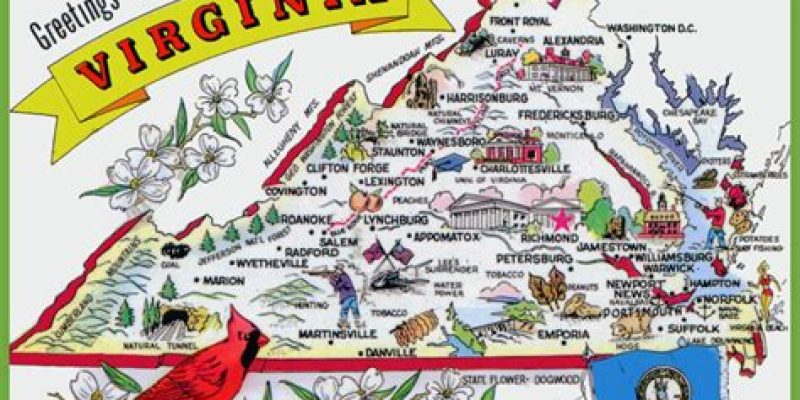Who needs contact tracing when the police in Virginia can store video images of your license plate, tracking where you’ve been– for 364 days each time their cameras records an image of your license plate?
The Virginia Supreme Court just ruled that Fairfax County’s massive collection of vehicle license plate numbers does not violate legal privacy protections, something civil liberty advocates have been fighting against.
The Fairfax County Police Department won a lawsuit in which it was sued for using automated license plate readers, which tracks the time and location of drivers– and stores the information of each recording for at least one year. The information the license plate readers compile is not legally protected as personal, the court ruled, meaning “identifying information,” (even though every license plate is registered by the state and directly connected to the license holder of the car, which contains personal information.) Fairfax Police and other police departments in the commonwealth can continue to use the devices, the court ruled.
The automated cameras, which can be mounted on police vehicles, traffic lights and road signs, collect and store the data of all drivers– most of which are not suspected of, nor have they committed, a crime. Police can access the data for 364 days after its entry into the system– of every instance the license is recorded on camera.
Claire Gastañaga, executive director for the American Civil Liberties Union of Virginia, decried the ruling, saying, “Security and privacy can both be protected without giving police the unregulated power to collect private information ‘just because’ and ‘just in case.'”
The ACLU sued on behalf of Harrison Neal, a Fairfax County resident whose license plate data was collected even though Neal had not being suspected of any criminal activity.
“Where we go and when is personal,” Gastañaga said. “Use of [these readers] and other surveillance technology without a warrant or even the active intent to identify a particular person suspected of a crime means that police can track people who are going to protests, medical clinics and houses of worship, and this personal information sits in a database for a year whether you’re suspected of a crime or not.”
Data collection that includes the name or personal or other identifying particulars of a person is prohibited by law–and yet this information is connected to the license plate of a vehicle– unless of course the vehicle is stolen or the car is being driven by someone who does not own it. The whole point of having a license plate is that it is registered by the state for a fee and accompanied by personal information about the individual who has registered the vehicle and paid the fee. Vehicle registration is always connected to an individual’s name, date of birth, address, phone number and even Social Security Number and bank account.
The state supreme court overruled a lower court’s ruling that banned the police from using the readers.
Unless this is appealed and overturned by the U.S. Supreme Court– big brother is alive and well in the Commonwealth of Virginia.
Advertisement
Advertisement

